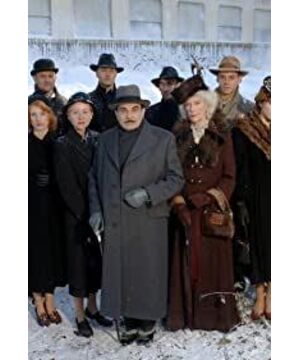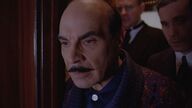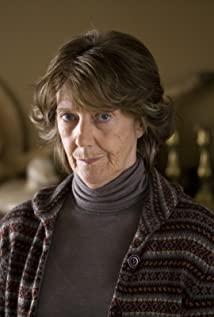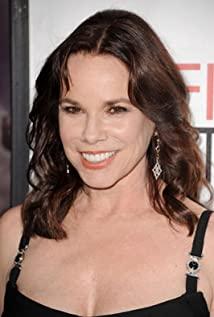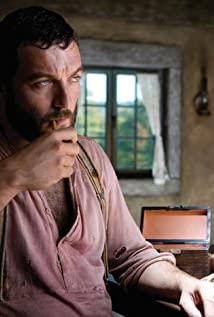There are very few film reviews, and most of them are personal thoughts, which can be regarded as a record of one's own mood. Please judge whether to continue watching according to your preferences.
I felt a little uncomfortable the moment I watched it. At that moment, I was emotional and almost deducted a point because of my emotions, but after thinking about it, I felt that this was a masterpiece worthy of five stars.
Haven't read the original, the following content is based on the content shown in this video.
It may be the "screen values" that have been cultivated that make me unacceptable that the big detective will give up justice and let a group of "murderers" go unpunished.
After all, the lynching they used was very cruel in my eyes, no different from the stoning at the beginning. Makes me feel like they don't deserve to escape the law even if they're doing "justice".
But after thinking about it later, I felt cruel, just because I saw the process of their "execution", but I didn't see the cruelty of the "victim" in this case.
Maybe the dead were more cruel before, but I didn't see it. So just as a bystander in this case, I think these twelve people are cruel and should be punished by the law.
But if I only saw what happened to Daisy, and the murderer was holding a pile of blood money, not only did he not get punished by the law, but he made a fortune on it, and almost squeezed into the upper class. I might support lynching again, just not as cruel.
I believe that true justice is obtained through "proper means", and true justice cannot be obtained by tit-for-tat, and procedural justice is a necessary condition for justice. As for the reason, I am not skilled enough to describe what I want in a few lines of words. Simply put, I think populism is a terrible thing.
But in reality there are too many factors that sometimes make the law unable to maintain its fairness. Too many people have been hurt without getting justice from the law, and when they are in their own defense they have tasted the iron fist of the law.
To give an inappropriate analogy, Fat Tiger kept beating Nobita, and Nobita ran to sue the teacher, who said "a slap doesn't make a sound". But when Nobita fought back against the fat tiger, Nobita was severely punished by the school.
Could it be that Nobita can only swallow his anger?
This kind of thing has happened too many times, and every time I see it, I feel indignant. If Nobita wants to use "lynching", then although I don't agree, I won't stop or report it.
At this point, I seemed to understand Poirot.
The difference is that I'm just a bystander, but Poirot is a detective, so he must have had a really hard time making that decision, and the film shows that well.
The first lieutenant who committed suicide may have shaken Poirot's obsession with procedural justice.
Then there is Poirot's attitude towards stoning, which he considers "understandable".
In the end, even after the "brutal" killing of Cassetti with one knife at a time, everyone stopped John from killing Poirot because they could not accept the unjust killing. It shows that they also have their principles. They are not criminals like Cassetti, they just do what they think is "just".
So what exactly is "justice", and who can give a standard answer?
I can't, neither can the twelve, the conductor can't, and Poirot finally thinks he can't.
So, in the end, he helped them to tell their lies while repenting. Walking in the snow with red eyes.
This is what impresses me the most.
Because people are contradictory, just like this world.
A person with flesh and blood, even if he believes in procedural justice, after knowing what happened to Nobita, how can he just blindly help Fat Hu "strive for justice"?
This echoes another "Nobita and the Fat Tiger" story online, even though I think it's misused a lot of times. Of course this is off topic.
In short, a movie can make people not feel boring in the process of watching it, there is no serious logical flaw, and many of the foreshadowing are very ingenious. After watching it, you can still think about it, so it is worthy of being a good movie.
Considering that the original was released in 1934, it is even more awe-inspiring.
I have long heard of Agatha Christie's name, and I know that many film and television works of reasoning are influenced by her. But the film and television works remade with her works are so "old" that they have not really been seen.
Seeing is better than seeing. He is indeed a god-like person. Even after so long, his works are still brilliant.
View more about Murder on the Orient Express reviews


